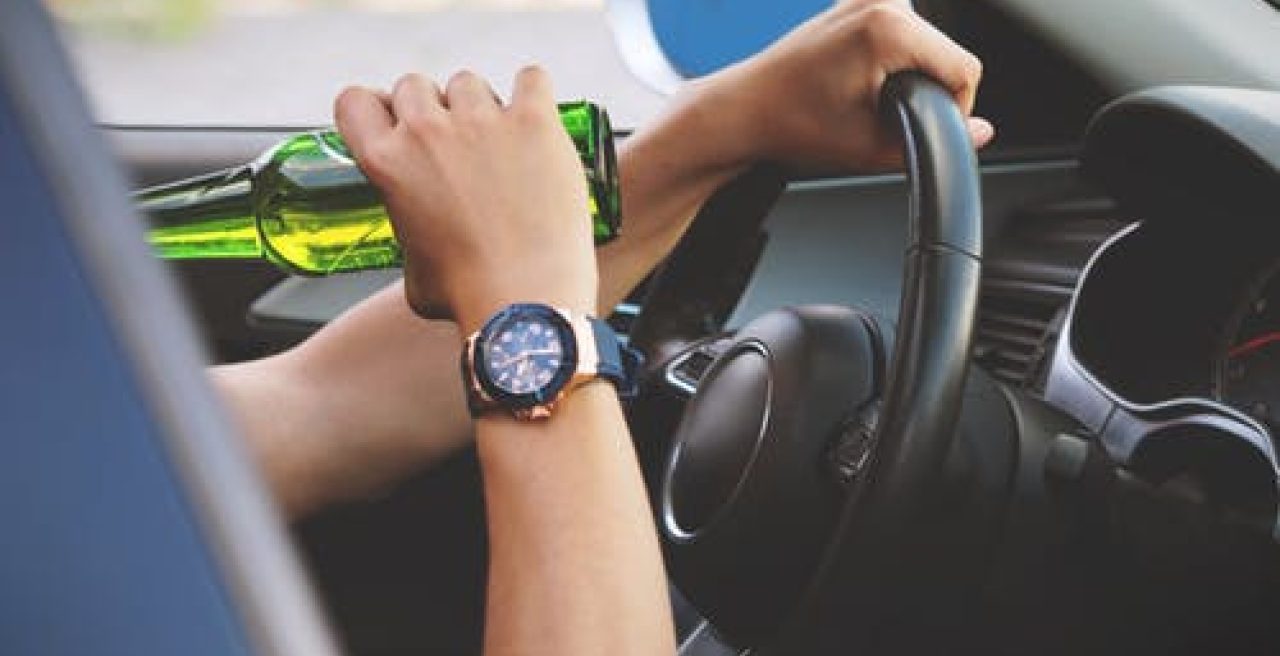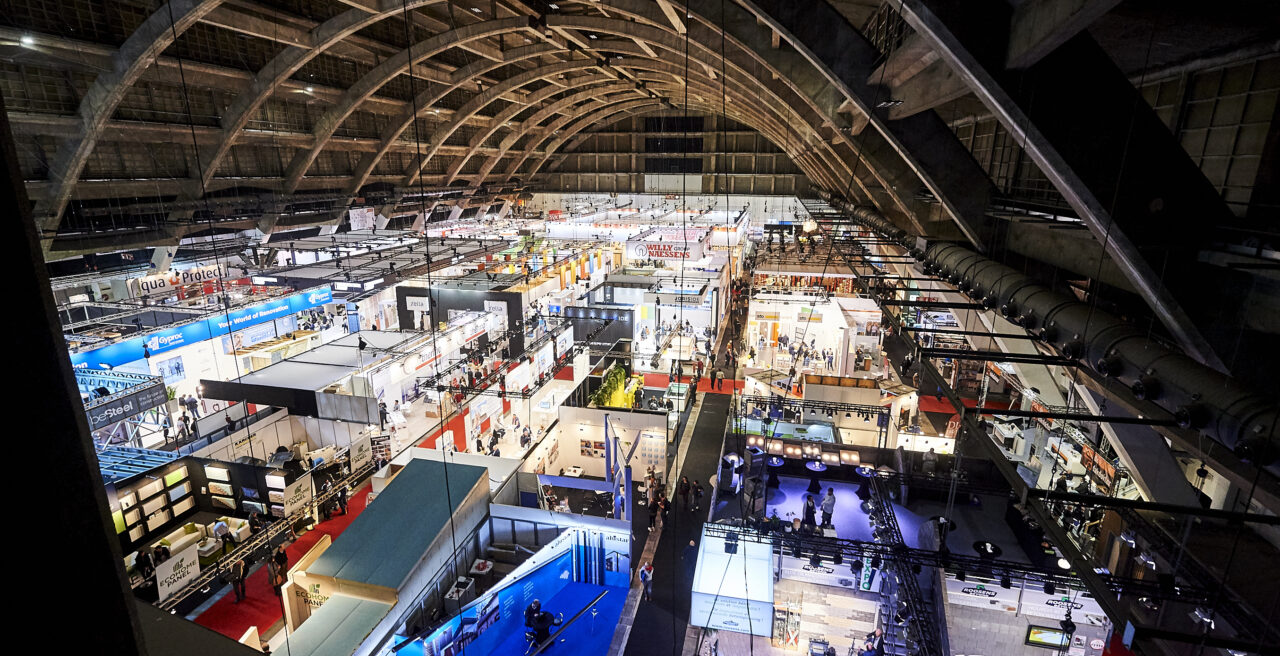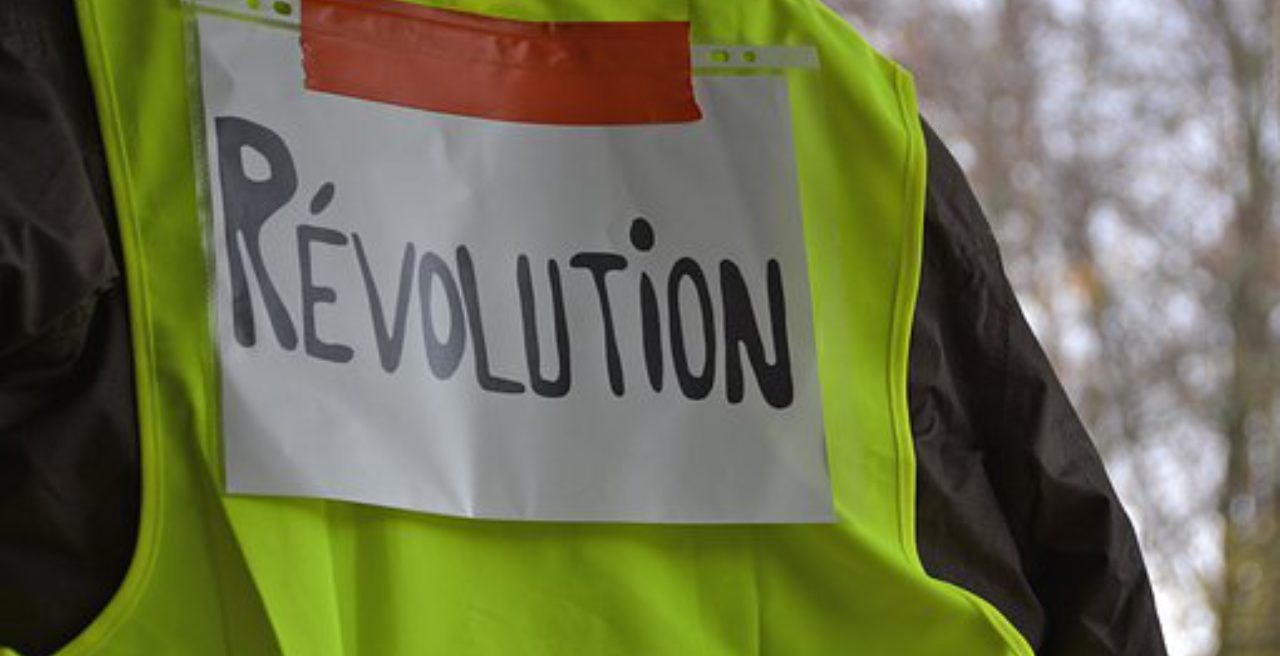Drinking and driving do not mix … Some EU countries (like the Czech Republic or Hungary) have already imposed zero-tolerance laws for all drivers. In practice, however, a margin of 0.2 promille is applied. The margin is there to rule out discussions about minimal blood alcohol levels caused by the consumption of certain food items, like liqueur chocolates. Currently, in Belgium, the legally permitted blood alcohol level is 0.5 promille.
What do Belgians think on the matter?
The survey conducted by Profacts in August with 1049 Belgians shows that almost 7 in 10 Belgians are in favour of a zero tolerance policy, with no less than 55% of Belgians strongly in favour (score 8-10 / 10). Women appear more in favour of the idea than men and the number of young supporters is higher as well. However, we have noticed no difference in attitude across Belgium’s communities.
Additionally, respondents in favour feel zero tolerance should be applied to everybody. Conversely, even zero tolerance opponents think the policy could prove useful for specific groups (e.g. young drivers or drivers with prior DUI (drinking under infuence) violations).
‘Alcohol lock, yes or no?'
An alcohol interlock - alcolock for short - is one way to introduce and enforce zero tolerance. It forces the driver to take a breathalyzer test before being able to start the car. The limit imposed by the alcolock is 0.2 promille. When do Belgians feel an alcolock is relevant? That relevance is closely linked to whether or not the respondent favours or opposes zero tolerance, but here, again, we notice that even opponents believe alcolocks can be useful for particular target groups.
The DIY option of fitting one’s car with an alcolock - if it were made available at a reasonable price - proved less popular. After seeing the price tag, 9 out of 10 Belgians even drop out altogether. Hardly a surprise, given that an alcolock costs € 2,546 without counting its € 985 annual operating cost. Even if purchasing an alcolock netted Belgians an interesting car insurance discount, it did not make them any more enthusiastic.
(*) Survey conducted among 1049 Belgians, representative sample



